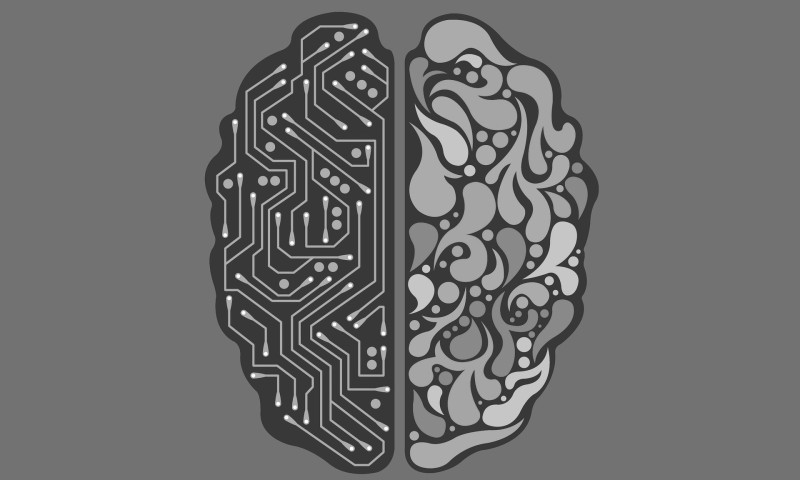Food is a basic human need. More than just a tasty meal or treat, it’s essential to survival and necessary for balancing the energy we consume and the energy we exert daily.
On the other hand, this balance of energy can get tricky when we factor other components into the equation. When we eat more than we need to, this excess energy from our food is stored in a brand new form – body fat – that oftentimes leaves us struggling to manage our weight. These additional factors include:
- Environment
- Genetics
- Habit
- Disease
- Gut bacteria
- Medications
- Eating for reward or pleasure
What is the Brain’s Reward System, and How Does it Affect My Weight?
Our reward system is formed from the communication that occurs between our body, energy balance and our drive to eat. This communication travels back and forth between our brain, gastrointestinal tract and other organs in our body, and it’s a driving factor in what we eat as well as how much. The amount of energy we have is determined by our body, while our brain and stomach work together to determine food availability, hunger and fullness. When these systems aren’t working correctly, or when other factors overtake them, our weight is affected.
Why Do We Overeat?
For many, managing the intake of food can be one of the biggest barriers to weight-loss and weight maintenance – and this is because of the brain’s many signals and pathways at work when we consume food. When we eat something that we enjoy, we feel good because of a chemical in our brain called dopamine. These memories are stored in our brain’s pathways, and over time, certain memories such as sight, smell and taste trigger physical and emotional reactions – even when we know it’s not the right time (or type of food) to eat. For many, this is how cravings occur!
Additionally, if there is a communication problem between our body and brain (such as incorrect physiological signals), over-consumption is likely to occur. As you might imagine, continuous over-consumption results in excess calories and energy stored as body fat, thus causing us to gain weight.
Managing Weight and the Reward System
While there is no magic “cure” for combating our cravings or altering our brain’s reward system, there are a number of ways we can manage when, what and how much we eat:
- Mindfulness
- Medication
- Behavior modification
- Addressing physical and emotional concerns with your doctor
- Education
Much research is still to be done about the body, the brain and the reward system, so more information on these topics can be expected in the future.
Want to Learn more about the Brain and the Reward System?
To view the full article from Your Weight Matters Magazine, please CLICK HERE.





